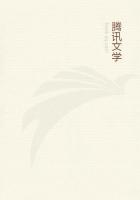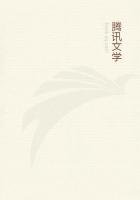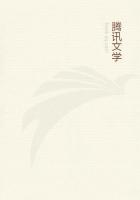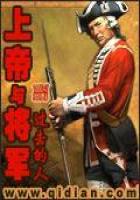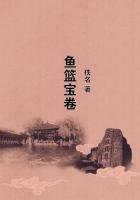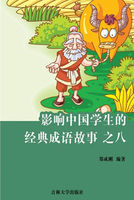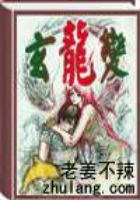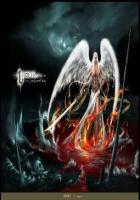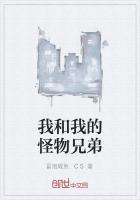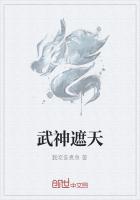Thus, besides giving evidence of considerable information and study, the "House of Fame" shows Chaucer to have been gifted with much natural humour. Among its happy touches are the various rewards bestowed by Fame upon the claimants for her favour, including the ready grant of evil fame to those who desire it (a bad name, to speak colloquially, is to be had for the asking; and the wonderful paucity of those who wish their good works to remain in obscurity and to be their own reward, but then Chaucer was writing in the Middle Ages. And as pointing in a direction which the author of the poem was subsequently to follow out, we may also specially notice the company thronging the House of Rumour: shipmen and pilgrims, the two most numerous kinds of travellers in Chaucer's age, fresh from seaport and sepulchre, with scrips brimful of unauthenticated intelligence. In short, this poem offers in its details much that is characteristic of its author's genius; while, as a whole, its abrupt termination notwithstanding, it leaves the impression of completeness.
The allegory, simple and clear in construction, fulfils the purpose for which it was devised; the conceptions upon which it is based are neither idle, like many of those in Chaucer's previous allegories, nor are they so artificial and far-fetched as to fatigue instead of stimulating the mind.
Pope, who reproduced parts of the "House of Fame" in a loose paraphrase, in attempting to improve the construction of Chaucer's work, only mutilated it. As it stands, it is clear and digestible; and how many allegories, one may take leave to ask, in our own allegory-loving literature or in any other, merit the same commendation? For the rest, Pope's own immortal "Dunciad," though doubtless more immediately suggested by a personal satire of Dryden's, is in one sense a kind of travesty of the "House of Fame,"--A "House of Infamy."In the theme of this poem there was undoubtedly something that could hardly fail to humour the half-melancholy mood in which it was manifestly written. Are not, the poet could not but ask himself, all things vanity;"as men say, what may ever last?" Yet the subject brought its consolation likewise. Patient labour, such as this poem attests, is the surest road to that enduring fame, which is "conserved with the shade;"and awaking from his vision, Chaucer takes leave of the reader with a resolution already habitual to him--to read more and more, instead of resting satisfied with the knowledge he has already acquired. And in the last of the longer poems which seem assignable to this period of his life, he proves that one Latin poet at least--Venus' clerk, whom in the "House of Fame" he behold standing on a pillar of her own Cyprian metal--had been read as well as celebrated by him Of this poem, the fragmentary "Legend of Good Women," the "Prologue"possesses a peculiar biographical as well as literary interest. In his personal feelings on the subject of love and marriage, Chaucer had, when he wrote this "Prologue," evidently almost passed even beyond the sarcastic stage. And as a poet he was now clearly conscious of being no longer a beginner, no longer a learner only, but one whom his age knew, and in whom it took a critical interest. The list including most of his undoubted works, which he here recites, shows of itself that those already spoken of in the foregoing pages were by this time known to the world, together with two of the "Canterbury Tales," which had either been put forth independently, or (as seems much less probable) had formed the first instalment of his great work. A further proof of the relatively late date of this "Prologue" occurs in the contingent offer which it makes of the poem to "the Queen," who can be no other than Richard II's young consort Anne. At the very outset we find Chaucer as it were reviewing his own literary position--and doing so in the spirit of an author who knows very well what is said against him, who knows very well what there is in what is said against him, and who yet is full of that true self-consciousness which holds to its course--not recklessly and ruthlessly, not with a contempt for the feelings and judgments of his fellow-creatures, but with a serene trust in the justification ensured to every honest endeavour.
The principal theme of his poems had hitherto been the passion of love, and woman who is the object of the love of man. Had he not, the superfine critics of his day may have asked--steeped as they were in the artificiality and florid extravagance of chivalry in the days of its decline, and habituated to mistranslating earthly passion into the phraseology of religious devotion--had he not debased the passion of love, and defamed its object? Had he not begun by translating the wicked satire of Jean de Meung, "a heresy against the law" of Love, and had he not, by cynically painting in his Cressid a picture of woman's perfidy, encouraged men to be less faithful to women That be as true as ever was any steel?
In Chaucer's way of meeting this charge, which he emphasises by putting it in the mouth of the God of Love himself, it is, to be sure, difficult to recognise any very deeply penitent spirit. He mildly wards off the reproach, sheltering himself behind his defender, the "lady in green," who afterwards proves to be herself that type of womanly and wifely fidelity unto death, the true and brave Alcestis. And even in the body of the poem one is struck by a certain perfunctoriness, not to say flippancy, in the way in which its moral is reproduced. The wrathful invective against the various classical followers of Lamech, the maker of tents, wears no aspect of deep moral indignation; and it is not precisely the voice of a repentant sinner which concludes the pathetic story of the betrayal of Phillis with the adjuration to ladies in general:--Beware ye women of your subtle foe, Since yet this day men may example see And as in love trust ye no man but me.


